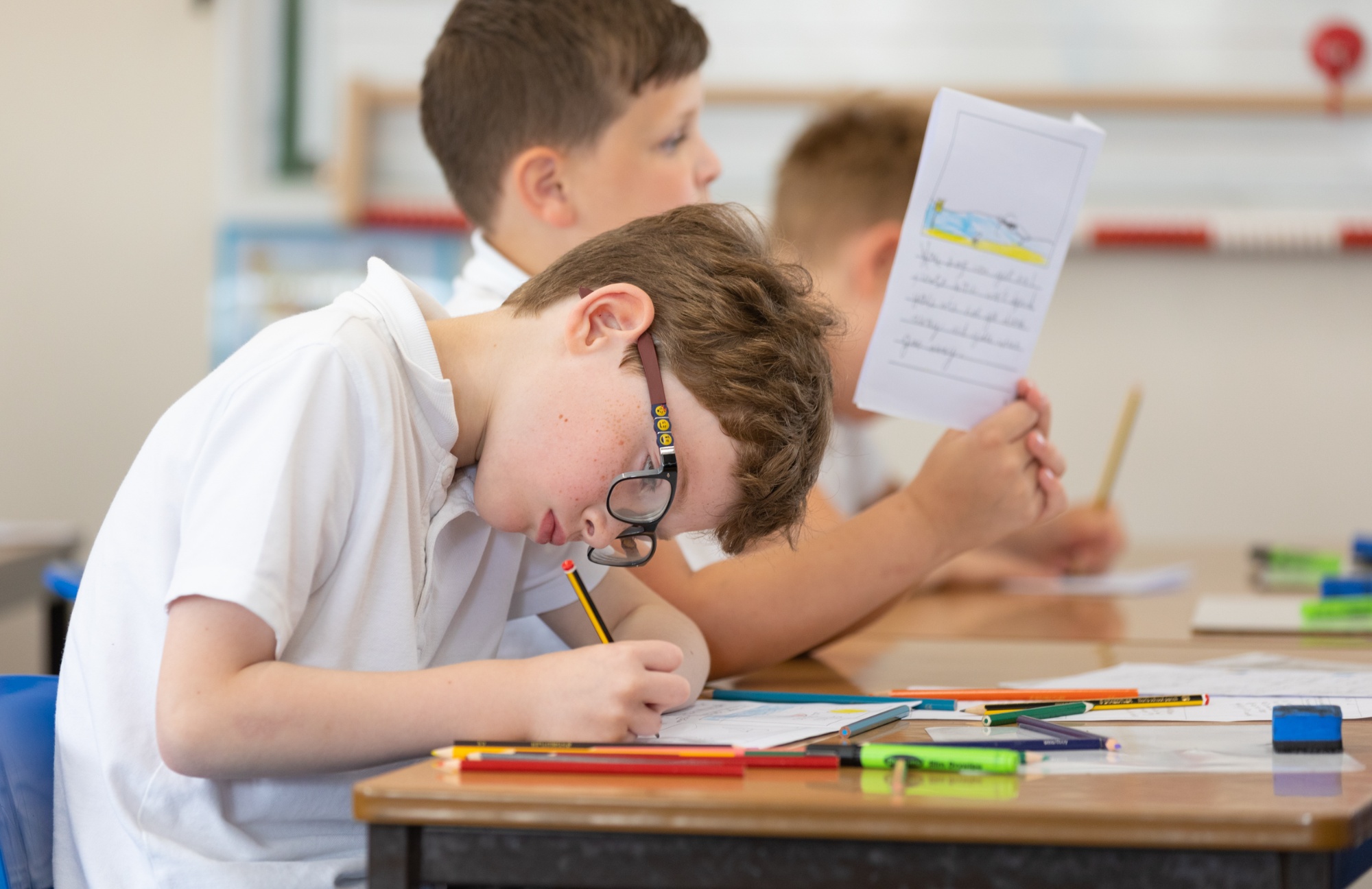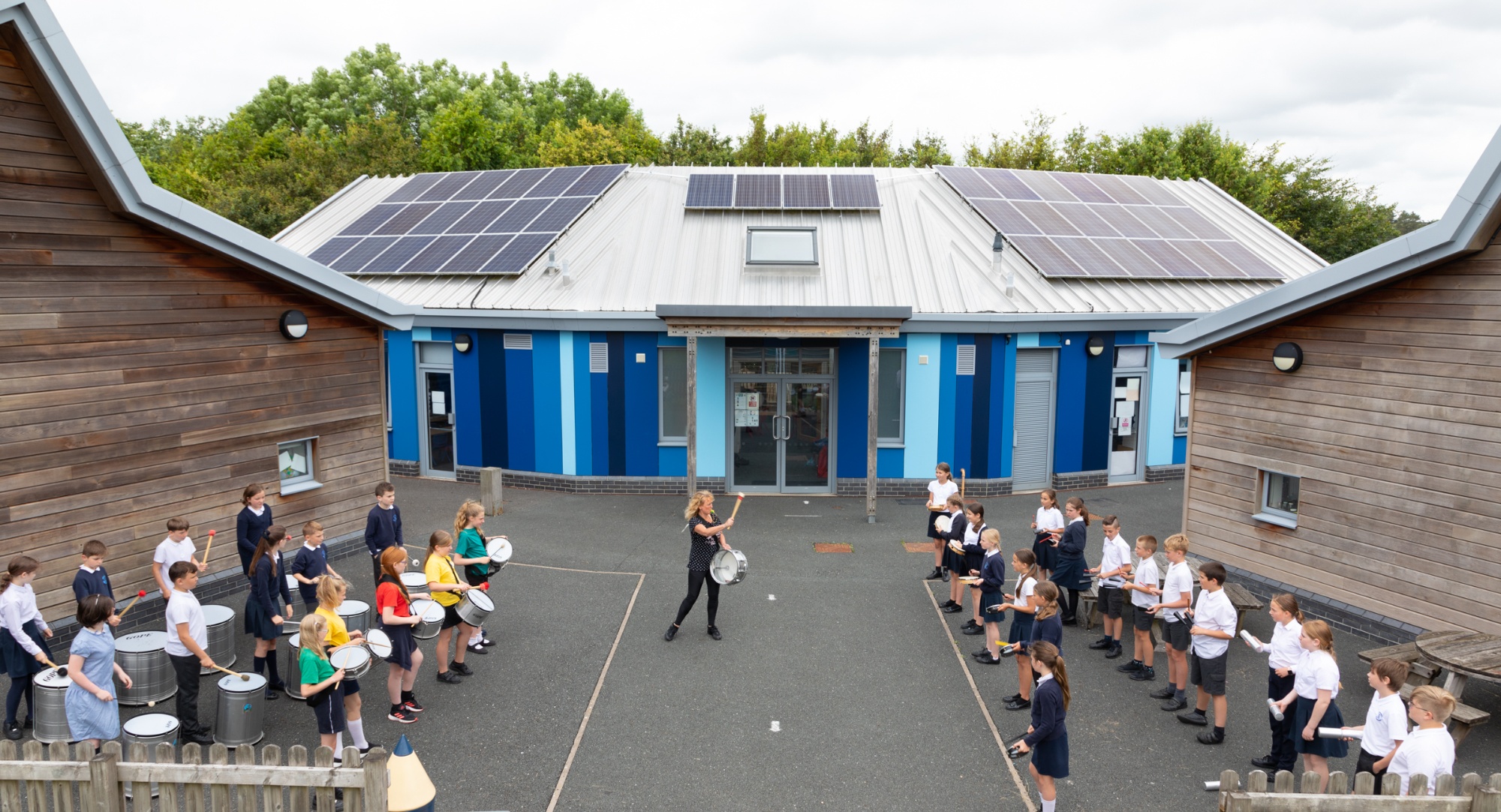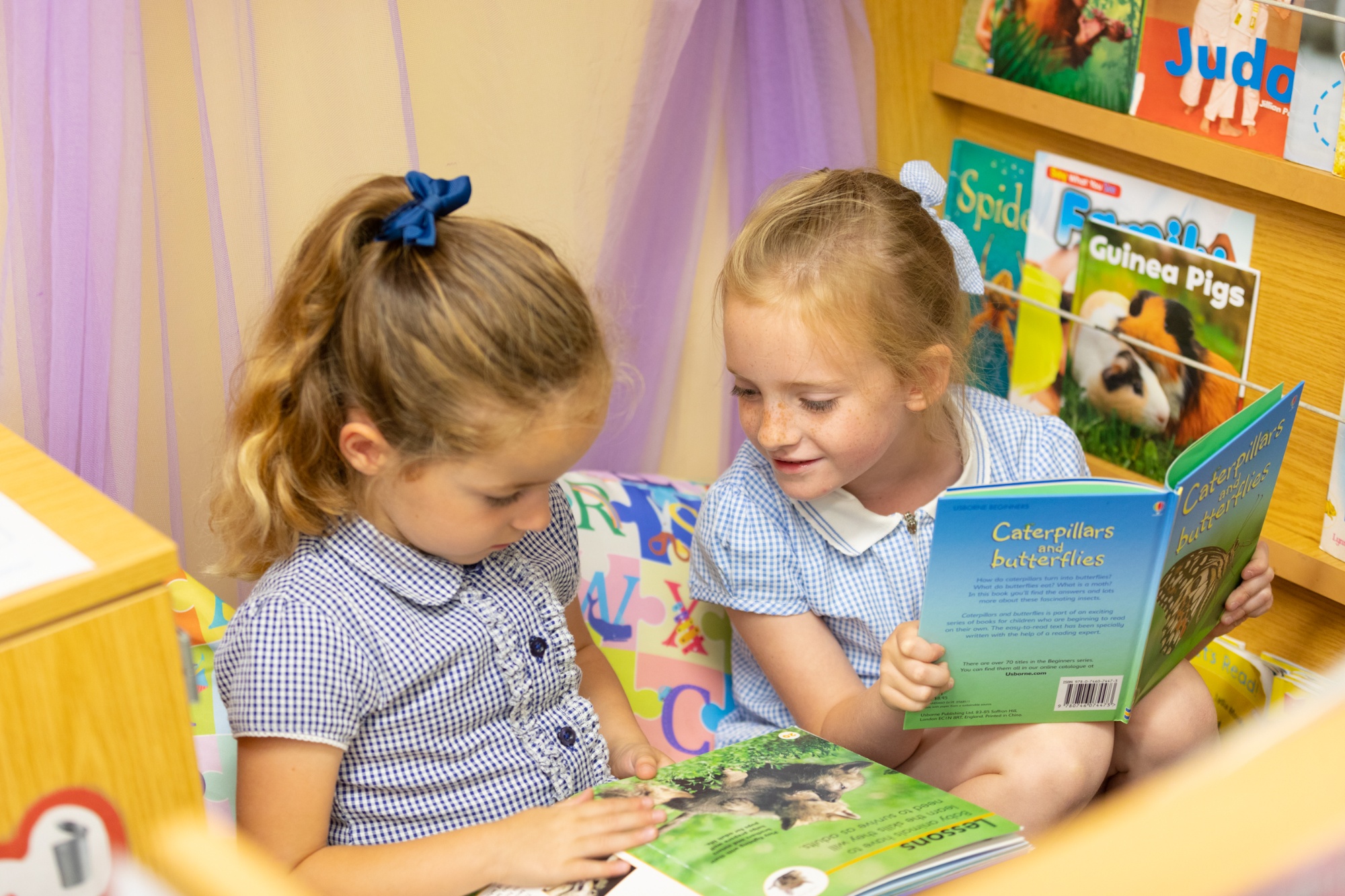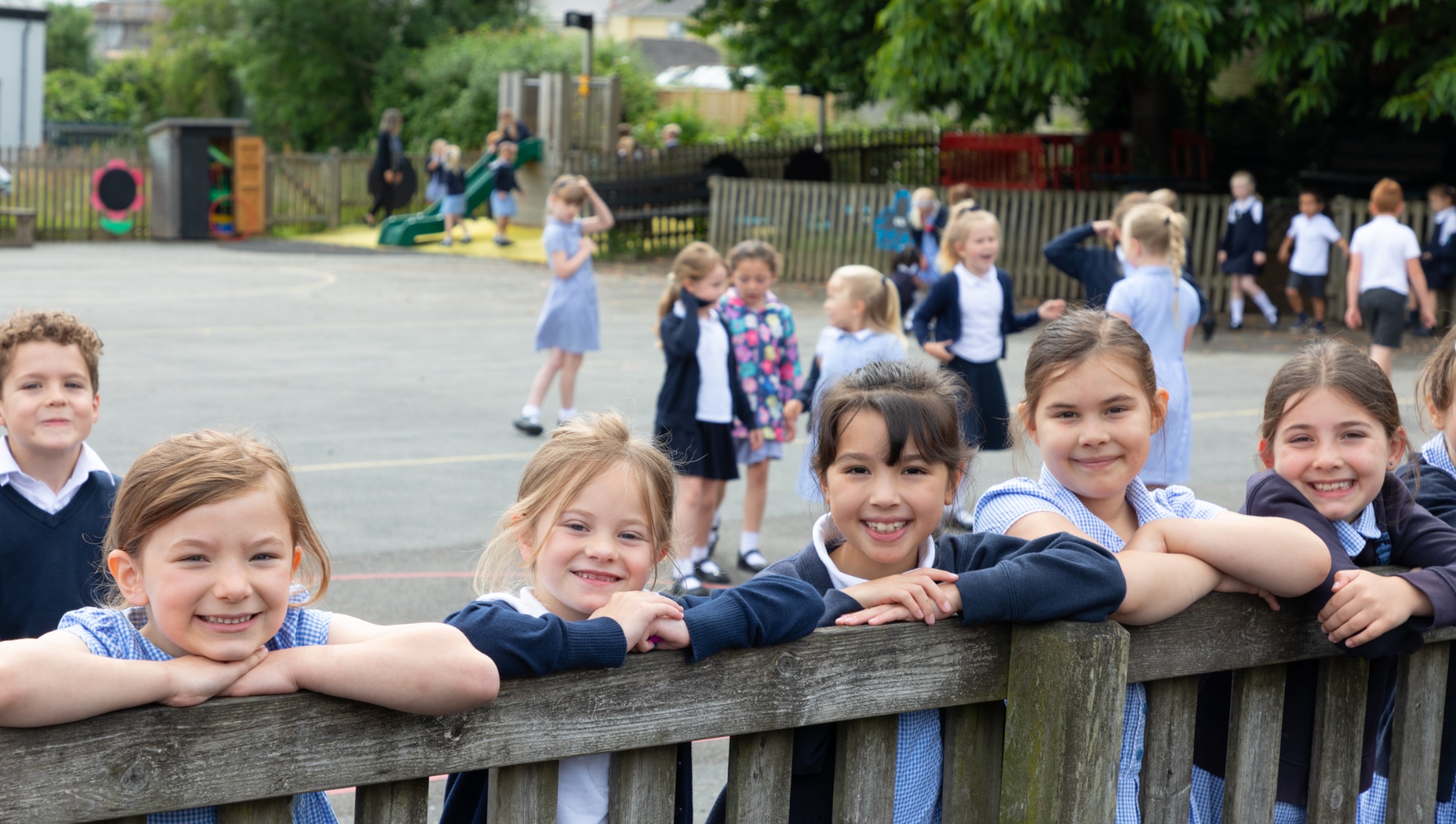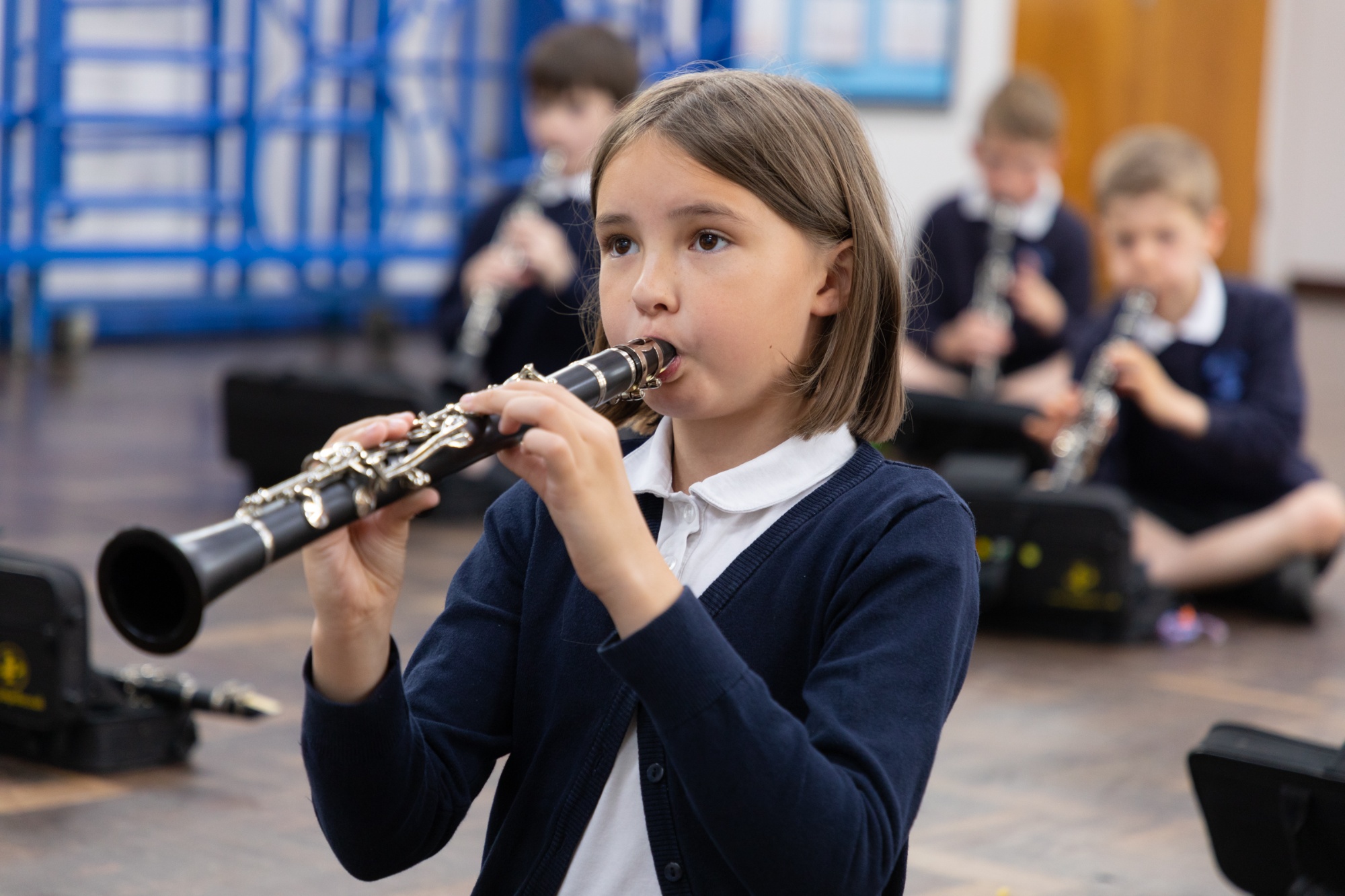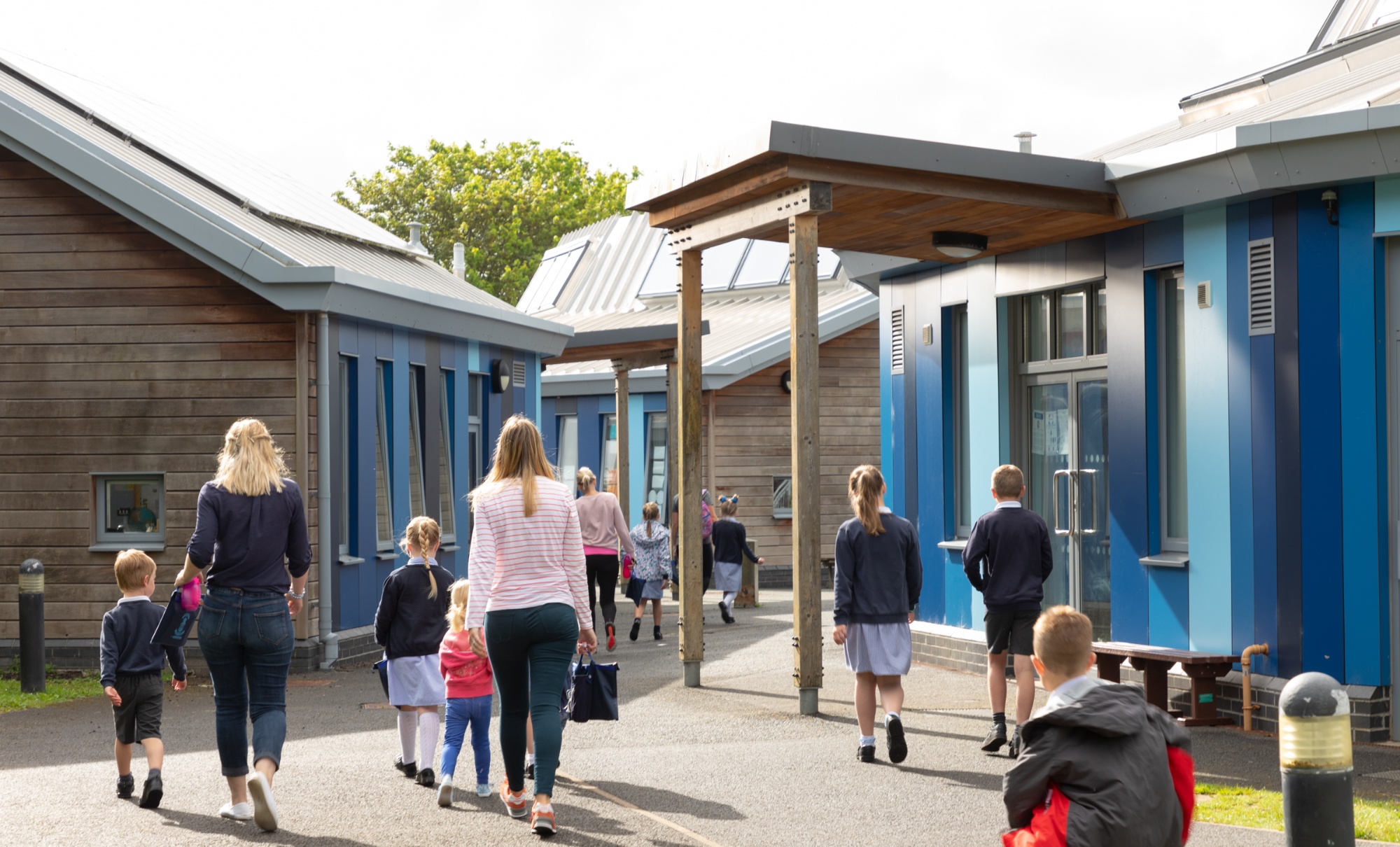Geography
|
|
Geography Subject Lead - Murray Quest murrayquest@boringdon.plymouth.sch.uk |
|
Boringdon Primary School Geography Statement 'A Boringdon geographer will have an understanding of themselves in relation to their locality and the world beyond and have the geographical skills, knowledge questioning ability and understanding to describe and explain the world around them and how it evolved.' |
|
|
Intent: At Boringdon we aim to develop the children’s love of the world around them through geography and inspire in our children a curiosity and fascination for the planet and their place in it for many years to come. This will empower them to become responsible global citizens who are able to act upon geographically based problems that the world may encounter in the future. Geography at Boringdon gives the children the opportunity to develop a rounded knowledge of the characteristics of diverse places at a range of scales. This knowledge includes the physical and human features of places, how places have changed over time to become what they are now, the challenges and issues they face now, how they might change into the future and how they are linked to other places. We live in an interconnected world and geography helps to explain how we are connected. Our Geography curriculum equips pupils with knowledge about places and people, resources in the environment and an understanding of the interaction between physical and human processes that have shaped our landscape and environments. Geographical knowledge, understanding and skills provide the framework to explain how the Earth’s features are shaped, interconnected and change over time. Our children develop geographical skills: collecting and analysing data, using maps, atlases, globes, aerial photographs and digital mapping to name, identify and locate countries, continents and oceans. They learn the skills to be able to communicate their understanding in a variety of ways, including sketch maps with a key and diagrams, tables and graphs and writing. We want children to enjoy and love learning about geography both inside and outside the classroom, including educational visits to develop fieldwork and to practise their geographical skills. How is Geography planned and taught at Boringdon Primary School? We have a carefully constructed curriculum at KS1 which has been constructed and developed by the school alongside experts in the Trust. The learning is sequenced with a clear progression of knowledge, concepts, skills and vocabulary which help the children to develop as young geographers. The techniques used in the delivery of the KS1 curriculum supports the children’s transition into KS2. At KS2, we use the Opening Worlds Humanities Curriculum to deliver the National Curriculum for Geography. Opening Worlds is a knowledge-rich humanities programme for teaching Geography in Years 3 to 6. Where meaningful, there are cross-curricular links to other subjects for our units. We teach a coherent curriculum that is the progression model. Each area of study has an enquiry question (a synoptic task) that the children work towards answering using the components of knowledge that are taught during that unit. This taught knowledge allows the children to make connections and reach their own informed conclusions. There is a specific disciplinary focus for each synoptic task, but the children use various disciplinary concepts as they move through units. Through both shared stories and teaching, there is exploration and teaching of key vocabulary. This allows the children to gain understanding and put meaning to the vocabulary taught. Through these stories and the creativity within lessons, we ensure that our children are engaged and enthused learners. Each lesson builds on previous knowledge and we ensure that all children understand before learning continues. Our Geography curriculum covers a range of cultural and ethical backgrounds and offers purposeful and meaningful experiences to apply, share and develop knowledge. Children use a range of Opening Worlds resources, maps/aerial photographs, atlases and exploration of key vocabulary to secure their understanding. Planning provides the opportunity to embed previous learning and develop links between lessons and key concepts. The Opening Worlds programme at KS2 has strong vertical sequencing within subjects (where children gain security in their use of rich and broad vocabulary through systematic introduction, sustained practice and deliberate revisiting) allowing for ‘overlaps of learning’ and carefully designed horizontal and diagonal connections across the Humanities subjects. We aim to ensure that our Geography curriculum prompts curiosity, critical thinking and allows learners to connect strands of learning across, not only our Humanities curriculum, but all aspects of the curriculum. Enrichment We recognise the importance of enrichment opportunities within our Geography curriculum. Where appropriate the children will have ‘hands on’ opportunities. We ensure this happens in a variety of ways, including:
How do we check that pupils have understood before we move on?
End of unit synoptic tasks Children will demonstrate their understanding and knowledge through independently applying all that they have learned to answer the main enquiry question (synoptic task). Assessments are made formatively and summatively with retrieval quizzes within lessons and synoptic tasks used as an end of unit assessment where the main enquiry question is answered. These synoptic tasks give the children scope to share a wide breadth of understanding in relation to the topic taught. We use an impact document to measure the effectiveness of our learning. This helps us improve our teaching and scaffolding of learning for the following year. Information is fed back to previous teachers if it was felt that the knowledge from that year was also not secure enough. The impact of the Geography curriculum is regularly reviewed in staff meetings and INSET days throughout the year. We have strong links with other schools, both primary and secondary, within Westcountry Schools Trust which ensure a continuous review of practice and provision as well as expert guidance from the Executive Director of Geography. |
|
|
|
|
|
What is Opening Worlds? Opening Worlds is a knowledge-rich humanities programme for teaching history, geography and religion in Years 3 to 6. As a school, we are provided with curriculum resources together with training, support and ongoing programme-related professional development for our school teachers. The uniqueness and background of every child is recognised and valued. Because of this, our curriculum covers a range of cultural, historical and ethical backgrounds and offers purposeful and meaningful experiences to apply, share and develop this knowledge. Our diverse, culturally rich and wide-scoping curriculum is underpinned by the teaching of basic skills, knowledge, concepts and values in a rigorous and coherent way. Explicit links to story-telling and creativity are made to enthuse learners. Many enhancement and enrichment activities are used throughout the curriculum to engage children and create purposeful, high-leverage outcomes that give children the opportunity to use and apply their developing knowledge and skills. Our aim is to create an environment that prompts curiosity, critical thinking and allows learners to connect strands of learning across all aspects of the curriculum. What does this look like at Boringdon Primary School? The programme meets and substantially exceeds the demand of the National Curriculum for history and geography and is compatible with our locally agreed syllabus in RE. The programme is characterised by strong vertical sequencing within subjects (so that pupils gain security in a rich, broad vocabulary through systematic introduction, sustained practice and deliberate revisiting) and intricate horizontal and diagonal connections, thus creating a curriculum whose effects are far greater than the sum of its parts. As the programme builds on prior learning, Years 3, 4 and 5 will start with the Y3 Curriculum in the 2024-25 Academic year. |
|


